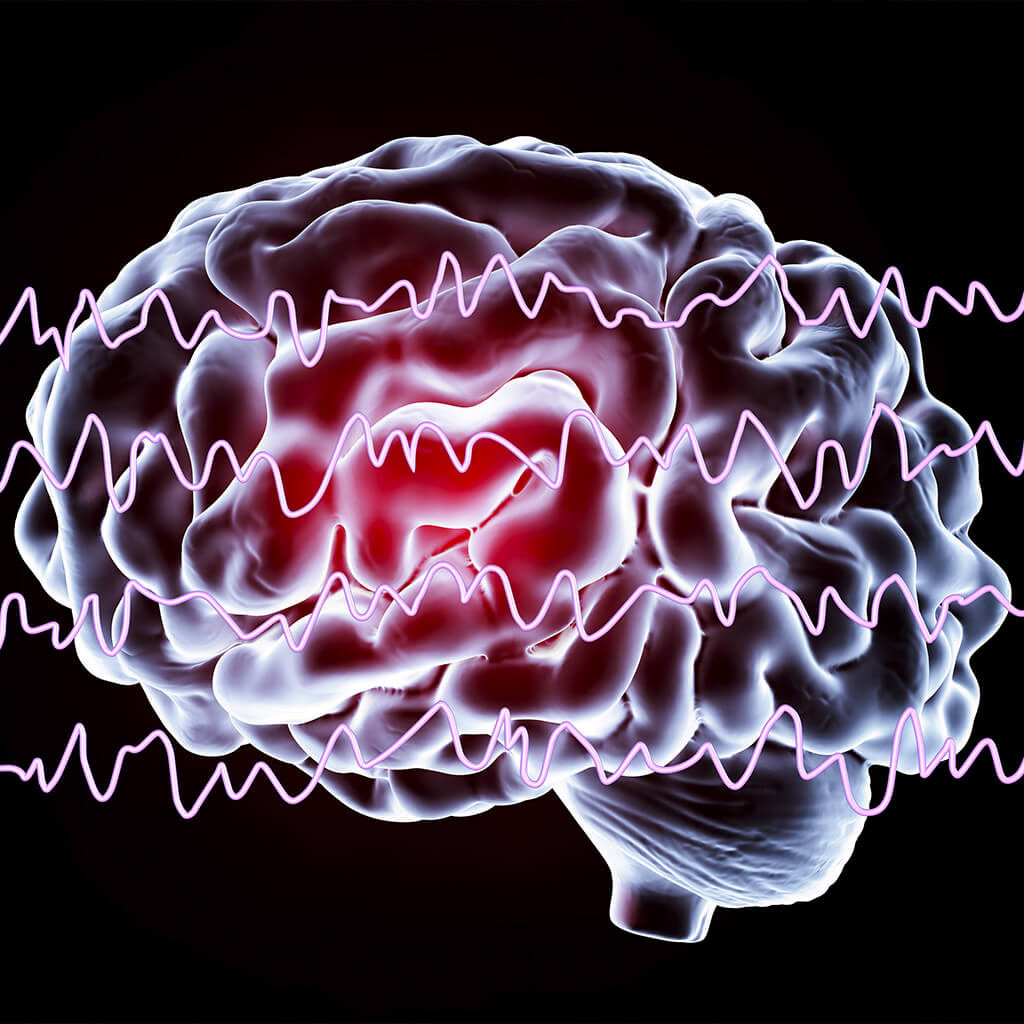Epilepsy: causes and symptoms

Publication date: 25-05-2021
Updated on: 14-02-2023
Topic: Neurology
Estimated reading time: 1 min

Article Author
Communication Team GSDMedical Editor
Cesare Maria Cornaggia
Editor and Translator
Viktoryia LuhakovaEpilepsy is a disease that affects the central nervous system. Expert explains the causes, symptoms and how you can live with this disease today
Professor Cesare Maria Cornaggia, Head of the Cognitive Neurorehabilitation Unit of the Zucchi Clinical Institutes of Carate Brianza, describes the causes and symptoms of epilepsy, and tells us how to keep it under control.
“Epilepsy is a neurological disease characterized by the presence and repetition over time of epileptic seizures. An epileptic seizure is a sudden involuntary manifestation of short duration that can be both somatic, with muscle contractions and spasms, and in some cases with loss of consciousness, due to local discharges in the neural networks of the brain.”
Historical background
Epilepsy is one of the oldest diseases in the history of medicine. Until the middle of the XX century, epilepsy was considered incurable. However, history and scientific research have shown that in most cases this disease is curable and it is possible to have a normal life.
It is known that Julius Caesar, Alexander the Great and Fyodor Dostoevsky suffered from epilepsy. They are just a few of the historical figures who have managed to leave a mark in history and/or create great works of art despite their illness.
Causes of epilepsy
An epileptic seizure can occur in anyone. Professor Cornaggia explains in more detail:
“Each of us can experience an epileptic seizure for any reason during lifetime. Recent studies have shown that about 4–5% of the population have experienced an epileptic seizure at least once in their life without further development of epilepsy. It is important to note that the development of the disease is evidenced by seizure repeatition over time.
Causes of an epileptic seizure can vary, among them:
- as a result of a genetic predisposition, that is, epilepsy is not based on an acquired etiology and has a tendency to resolve over time. This form of epilepsy can be defined as benign;
- damage to the cerebral cortex, which is a consequence of perinatal asphyxia, hemorrhagic syndrome, head trauma, stroke or a small lesion, etc.”
It is important to note that the overall prognosis for epilepsy is good. About 75–80% of people with this condition learn to fully control seizures.
The symptoms
“Symptoms are extremely varied as they depend on the type of epilepsy. Based on the symptoms, it is possible to distinguish between absence seizures and generalized tonic-clonic seizures,” explains Professor Cornaggia.
Absence seizures
Absence seizures (also known as petit mal seizures) consist of losses of contact with the environment which lasts for a few seconds. Usually, it affects children of a school age and occur in the first part of the day.
Generalized tonic-clonic seizure
“These seizures (also known as a grand mal seizure or GTCS) involve our entire body, during which the subject falls to the ground and experiences full-body muscle contraction, biting the tongue in the meantime. They are usually short in duration, with a gradual smooth resolution.
During GTCS, it is recommended not to intervene and to do everything possible so that the subject does not harm him-/herself.”
Where do seizures occur?
“Seizures can be caused by any area of the cerebral cortex. The area of origin of the seizures determines what happens to the body. In addition, the area can be identified by the description of seizures or by using diagnostic tests.
Therefore, seizures can be caused by:
- the motor cortex, which can cause uncontrolled movements, such as of the limbs;
- the visual cortex, which in turn can cause vision problems such as flashes of light.”
It is important to note that the affected area of the brain will be the same throughout the lifetime of the patient, which is why an epileptic seizure will always manifest in the same way.
Diagnostics
“To diagnose the disease, relatives/friends of the subject must provide an accurate description of the events, as well as the results of an electroencephalogram taken during an epileptic seizure.
There are also other diagnostic methods, including CT and MRI of the brain, which must be performed to determine the cause of the epileptic seizures. It is necessary to determine that seizures are not a manifestation of another pathology, especially when epileptic crises manifest in mature age and can be a manifestation of, for example, oncology.”
Treatment
Pharmacological therapy for epilepsy is aimed at preventing recurrence of seizures, trying to minimize unwanted effects that can affect patient's quality of life. Therapy should be individualized and take into account based on:
- patient’s age,
- physical shape,
- type of epilepsy.
In some cases, there is also an option of an intervention.
“Today, there are many types of drugs that can completely control seizures. It is believed that in half of the cases, the drug can be discontinued in the absence of seizures for a long time.
If seizures do not occur for 2-3 years, the discontinuation of drugs may be considered. Although, each case must be considered individually. For example, if a person with epilepsy is involved in activity at high risk, the doctor will be more careful about changing their therapy than someone who is at home or doing non-hazardous work.”
Can epilepsy be cured?
Epilepsy can be cured.
“It has been proven that half of people with epilepsy who are on the prescribed treatment can gain complete control of their epileptic seizures. It is also noted that they won’t have a relapse after stopping the therapy. Thus, it is possible to have a normal life, to drive and to travel, and women can have save pregnancy.
These results were made possible by the work of international organizations in risk assessment and training, as well as through research on accidents in the workplace. Research data showed that a number of accidents in the workplace among people without epilepsy is not much higher compared to people with epilepsy. Knowing about their illness, people with epilepsy are more careful.”